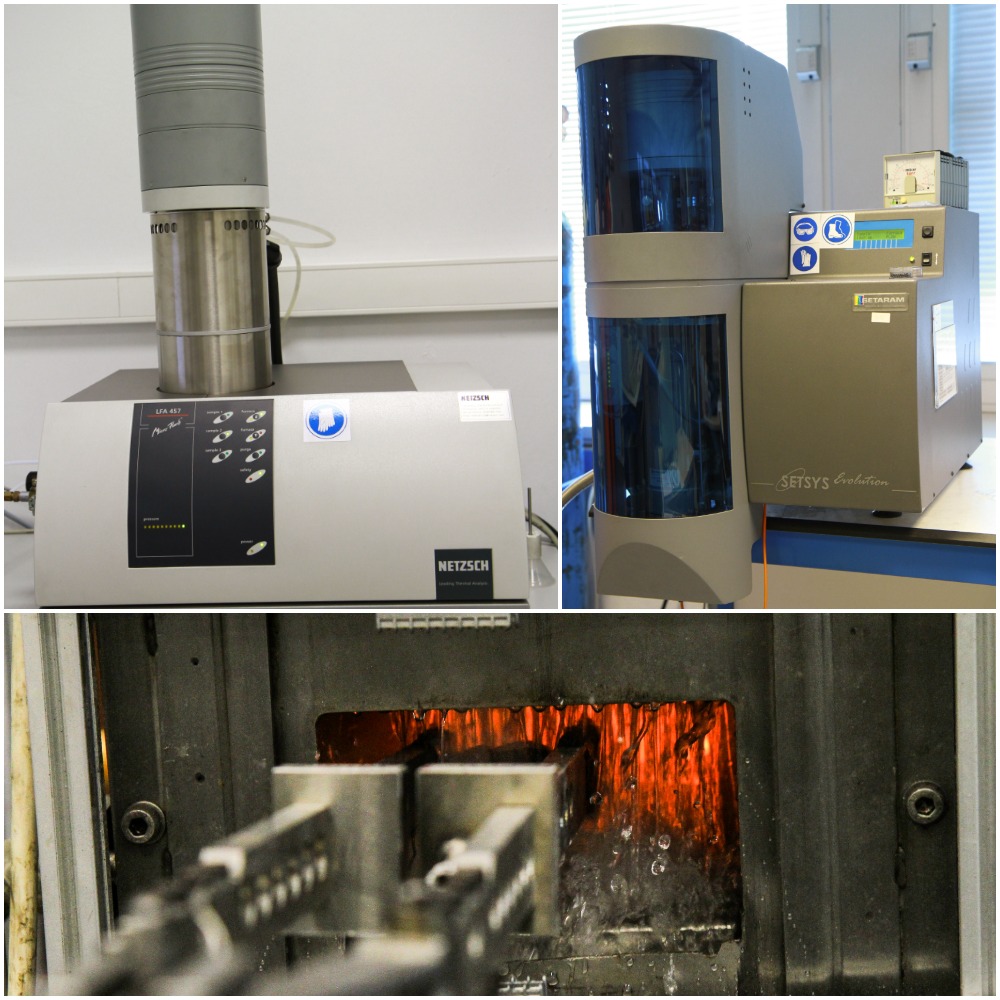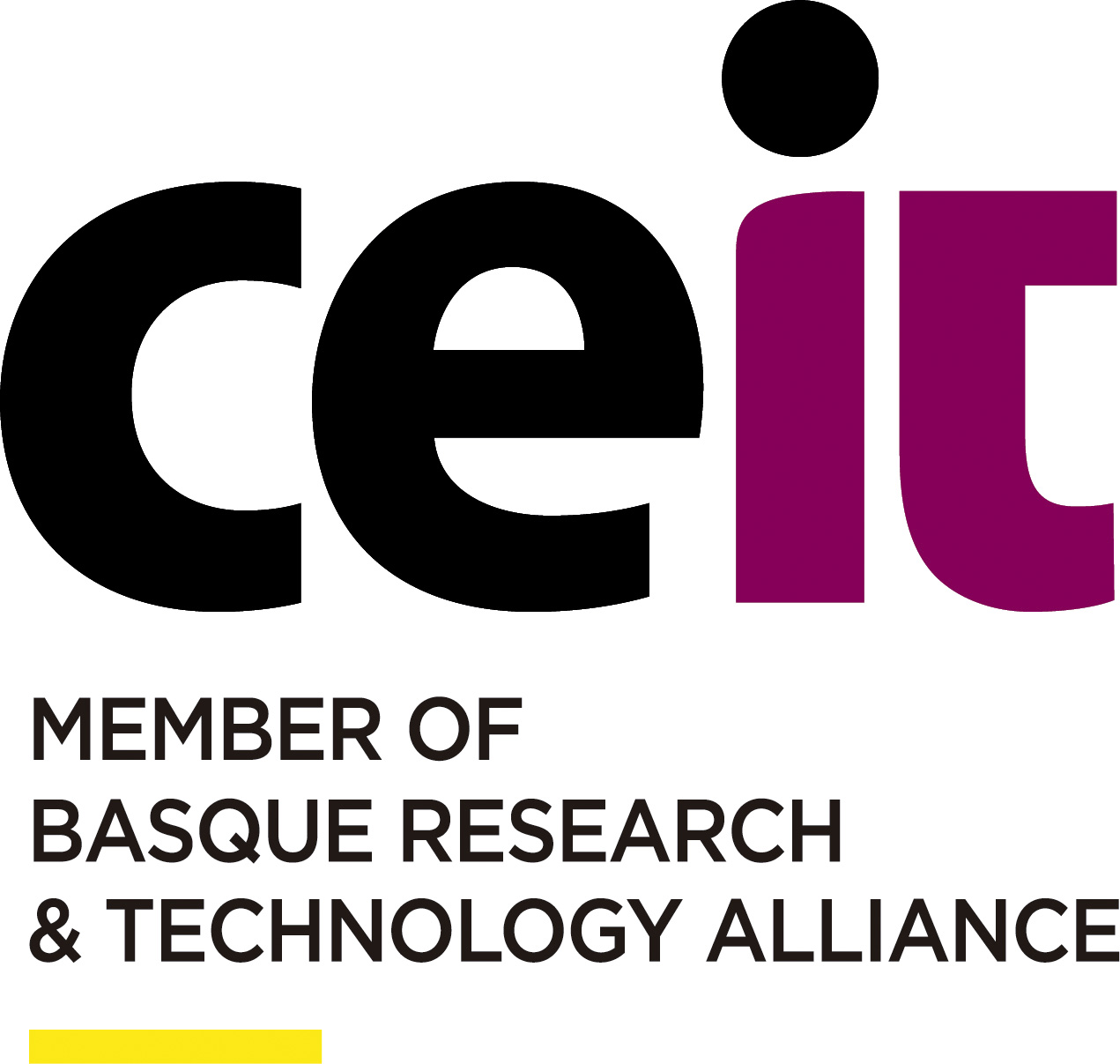Unit of processing, treatment and behavior of materials at high temperature

DESCRIPTION
The unit satisfies the needs stemming from the optimization of the hot forming process of materials and from their upgrading under harsh conditions. The most outstanding abilities of the units are: Thermomechanical processing of steels and other metallic materials after the definition of the forming schedule as a function of the chemical composition and the features of the production line to eliminate the defects and to control the microstructure. Optimization of the final mechanical properties. Heat treatments. Material and process models (commercial and home developed). Interaction among materials: diffusion bonding, welding, dissimilar materials. In-service behavior: creep, oxidation, thermomechanical fatigue, degradation and failure mechanisms. Development and set-up of “ad-hoc” tests.
MOST OUTSTANDING EQUIPMENT AND COMPONENTS
Bähr DIL850A/D DilatometerQuenching and deformation dilatometer for determination of Thermal Expansion Coefficients, Phase Transformation, CCT / TTT Diagrams, Axisymmetric compression in a wide range of deformation and strain rates, Stress Relaxation Test, Thermal Treatments. Induction Heating and a wide range of Cooling Rates (He quenching).
Equipment for Differential Thermal Analysis (DTA), Differential Scanning Calorimetry (DSC) and Thermogravimetry (TGA). Temperatures up to 1500 ºC in an inert and oxidizing atmosphere (DSC / TG), and up to 1750 ºC in a reducing atmosphere (DTA / TG).
Thermomechanical sequence simulator self-designed and very versatile in terms of deformation conditions and number of deformation passes (strain per pass, pass temperature, direction of application of load,...) with induction and resistance furnaces for the performance of thermal treatments, and different cooling systems (direct quenching, controlled cooling, ...)
With graphite heating element for graphitization/sintering treatments up to 2700°C for long cycles and up to 2900°C during short cycles.
Equipment for the measurement of thermal diffusivity and specific heat with the laser pulse technique in materials of moderate to high conductivity in the range of ambient temperature up to 1000 ° C under different types of atmospheres. Through these measurements it is possible to obtain the thermal conductivity on very diverse materials (metals, ceramics, polymers, composites, dense and porous materials ...).
SERVICES OFFERED BY THE ASSET

Behavior of materials under harsh service conditions. Degradation and failure mechanisms.

Diffusion bonding in solid state. Bimetallic bonding and production of components. Dissimilar materials.

Hot forming processes and thermal treatments. New processing routes.
ENTITY MANAGING THE ASSET

CEIT
Contact person: Amaia Iza Mendia


